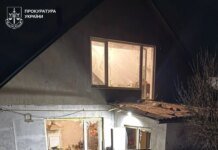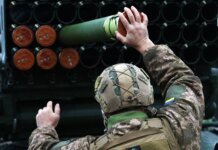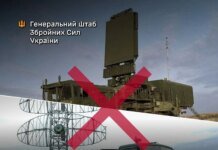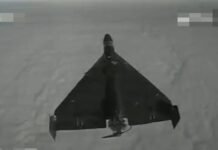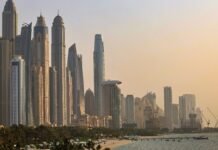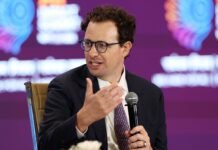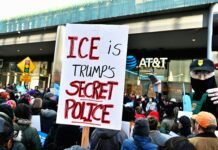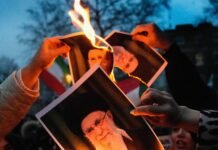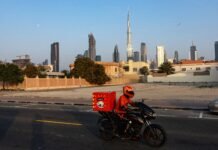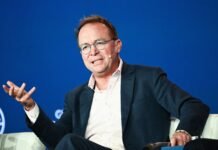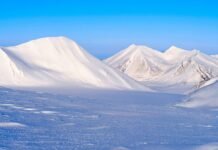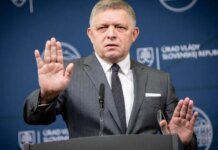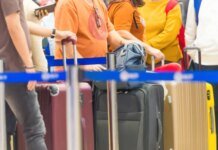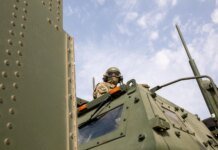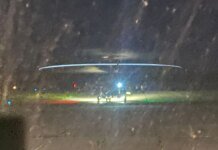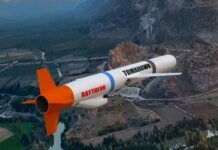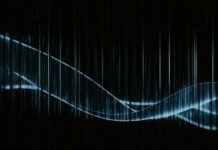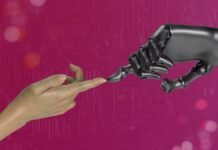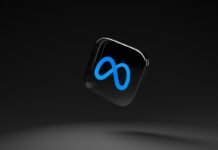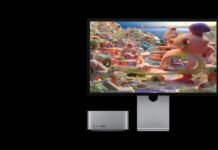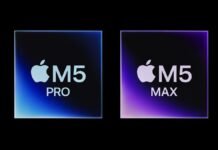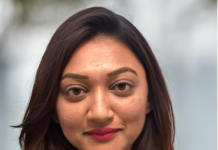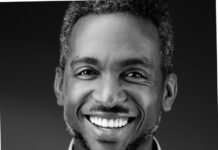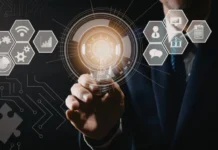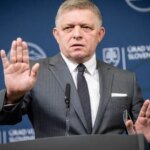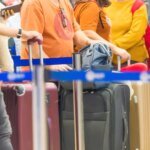Jae C. Hong/AP
- Elon Musk told Tesla investors that Full Self-Driving will be a "shock wave" that changes transportation.
- So far, around 12% of Tesla owners have bought it, the company's CFO said.
- Third-quarter revenue for Full Self-Driving also declined compared to the same period last year.
Elon Musk is betting Tesla's future on autonomy. So far, its customers aren't fully buying it.
Vaibhav Taneja, Tesla's CFO, said during Wednesday's earnings call that while the company had made "decent progress" in boosting adoption of its Full Self-Driving (FSD) software, only a fraction of Tesla drivers were paying for the service.
"Total paid FSD customer base is still small, around 12% of our current fleet," Taneja told investors.
Tesla also reported that revenue from Full Self-Driving in the third quarter decreased compared to the same period last year, when the company raked in $326 million. Across the entire business, Tesla reported record revenue of $28.1 billion for the quarter.
The EV giant said the "lower one-time FSD revenue recognition" was due to Tesla releasing additional features last year, such as Actually Smart Summon (ASS) and a Cybertruck-specific version.
Full Self-Driving, which is marketed as a driver assistance system that requires owners to monitor it, costs $8,000 outright or $99 a month through a subscription.
Tesla did not immediately respond to a request for comment.
Why Full Self-Driving matters
Getting more drivers to pay for FSD is critical for Tesla.
The Cybertruck maker is banking on autonomous vehicles becoming a mainstream phenomenon. Musk, the CEO of Tesla, said during Wednesday's earnings call that FSD would significantly boost vehicle sales and help turn it into the world's most valuable company.
Driving FSD subscriptions is also important for Musk personally. One of the goals of the billionaire's proposed $1 trillion pay package — which shareholders will vote on next month — is to hit 10 million FSD subscriptions by 2035.
Tesla has not disclosed the total number of customers who are paying for FSD, which allows vehicles to navigate, change lanes, and park autonomously.
The company recently rolled out version 14 of the software and added a "Mad Max" mode that Tesla says adds "higher speeds and more frequent lane changes."
A key barrier to the company's FSD rollout is that the technology is not fully available in many of Tesla's biggest markets.
Regulatory hurdles have stalled attempts to roll out FSD in Europe and China, with Tesla telling investors on Wednesday that it still plans to introduce the assisted driving tech in both markets "pending regulatory approval."
The software has also gotten Tesla into hot water in the US. Earlier this month, the US auto regulator launched a federal investigation into FSD after reports surfaced that Tesla vehicles with the technology enabled had been running red lights and steering into traffic.
Tesla has also faced numerous lawsuits over FSD, as well as Autopilot, an earlier version of the company's assisted driving technology.
In August, a Florida judge ruled Tesla must pay $242.5 million in damages over a deadly 2019 crash involving a car with Autopilot enabled. Tesla has filed a motion challenging the verdict.
These setbacks did not deter Musk from expressing enthusiasm about Tesla's self-driving ambitions during Wednesday's earnings call. The billionaire said the company's plans to roll out "unsupervised" FSD and expand its robotaxi service would fundamentally change the nature of transport.
"I think people just don't quite appreciate the degree to which this will take off. Honestly, it's going to be like a shock wave," said Musk.
Read the original article on Business Insider


